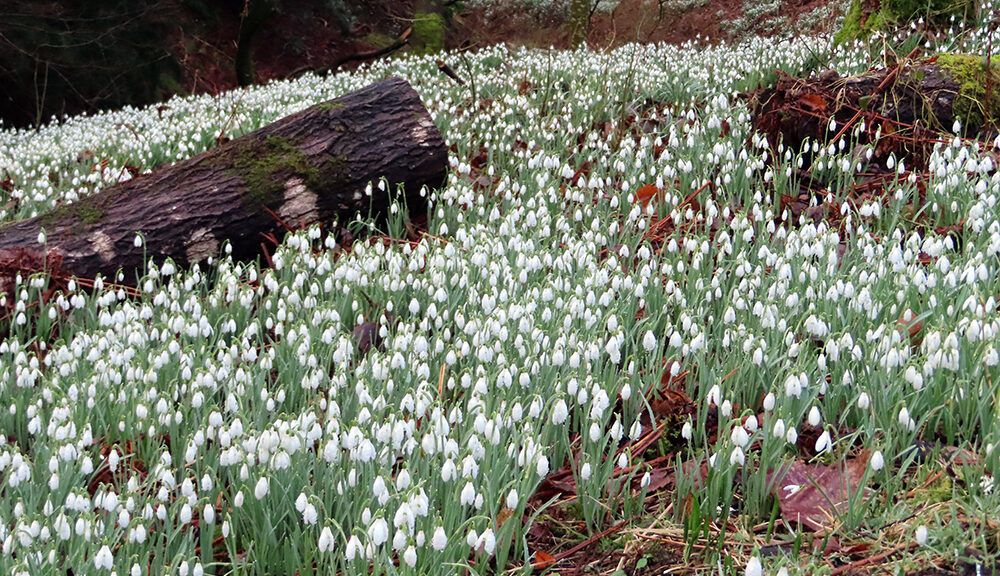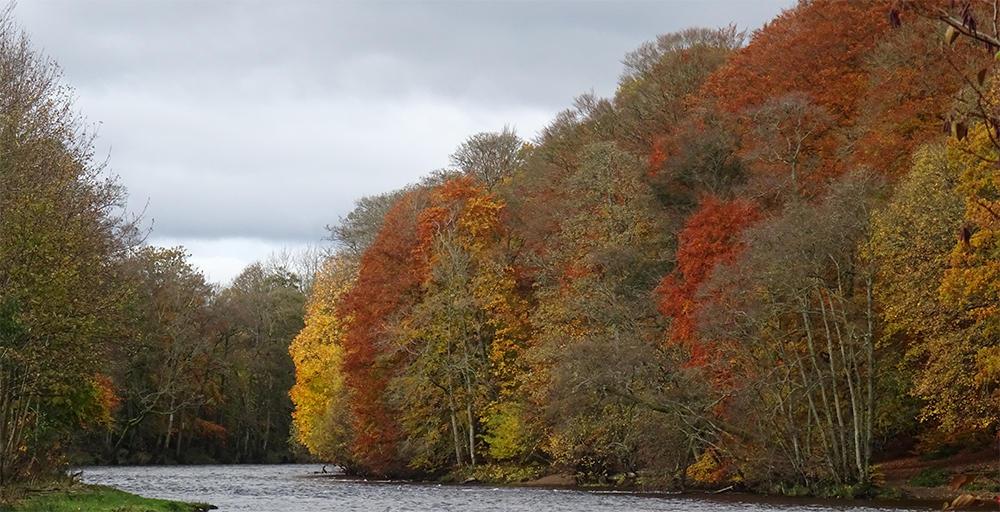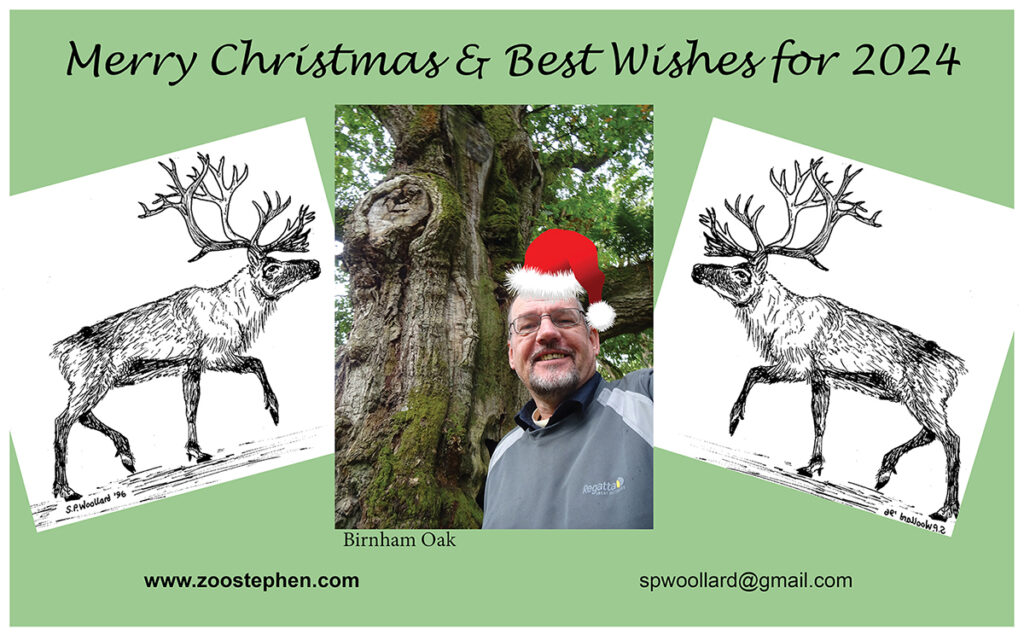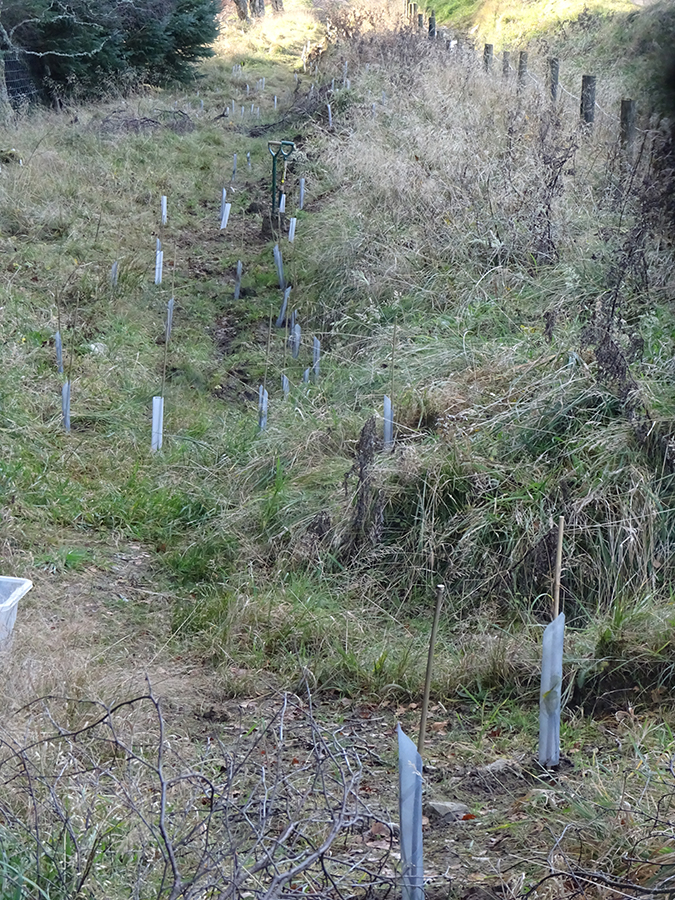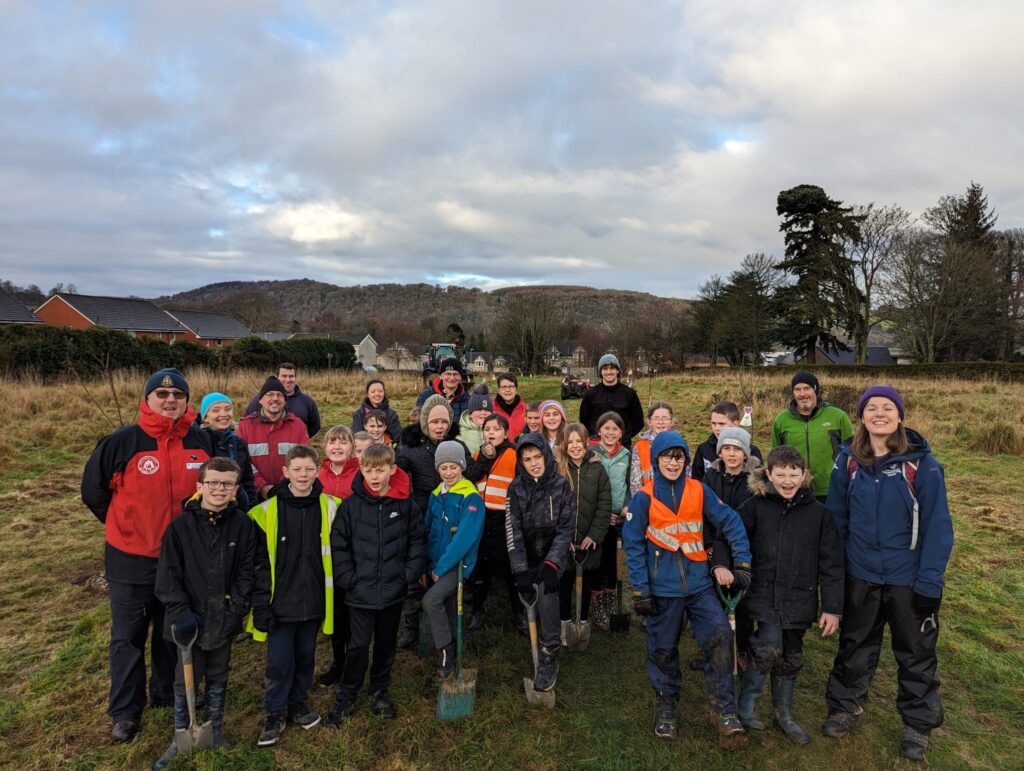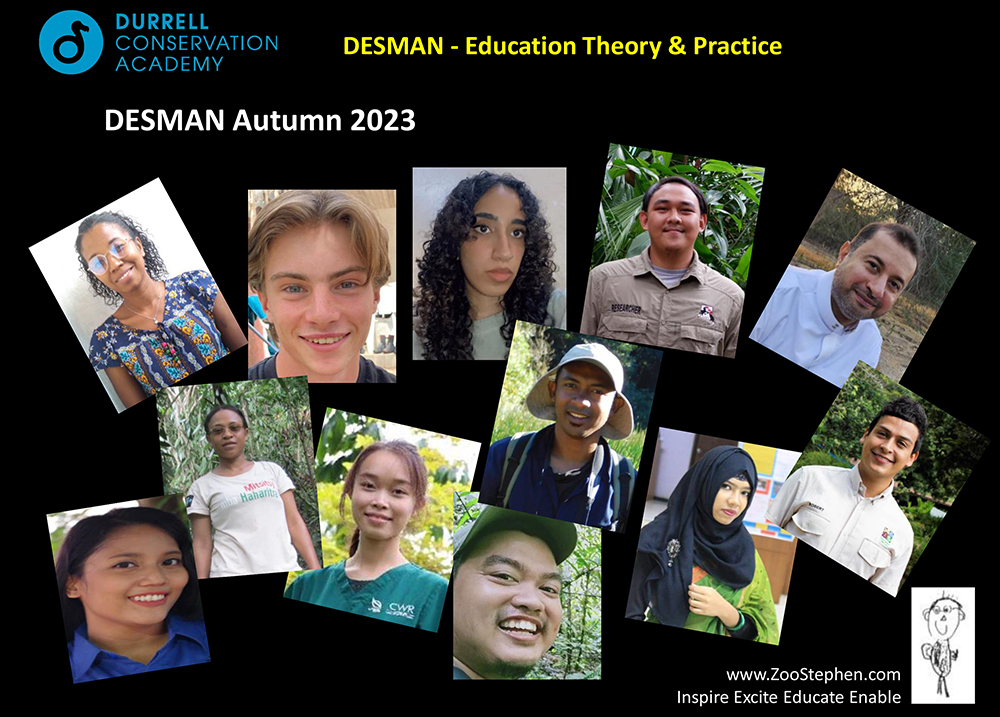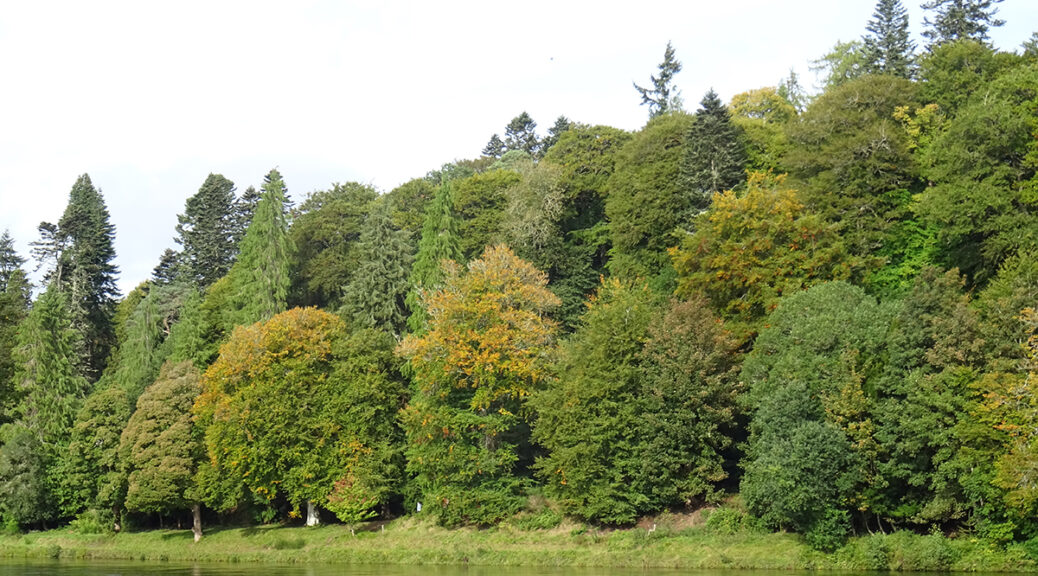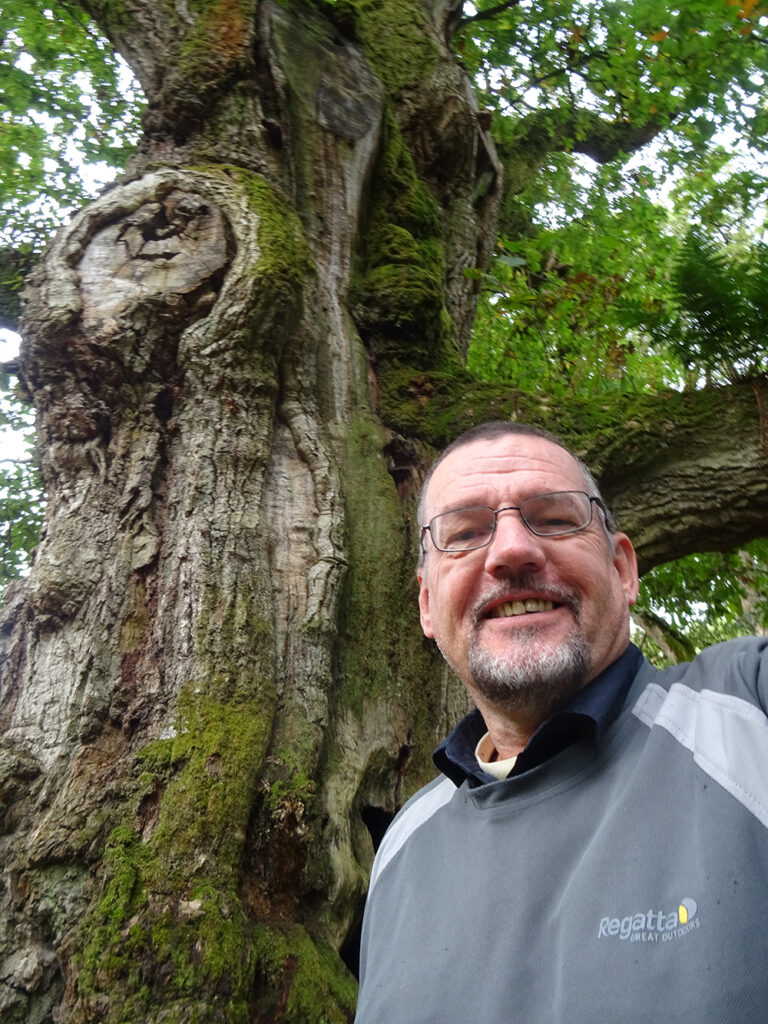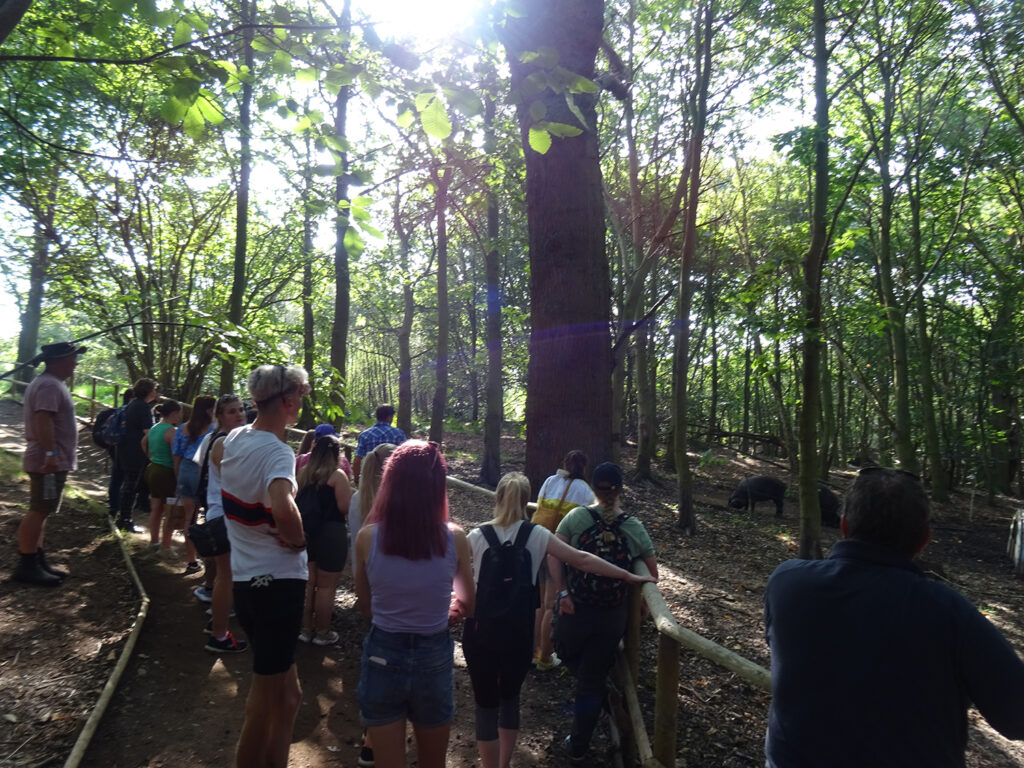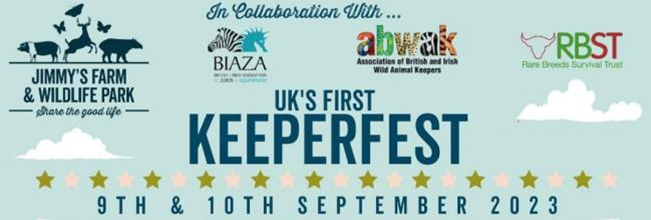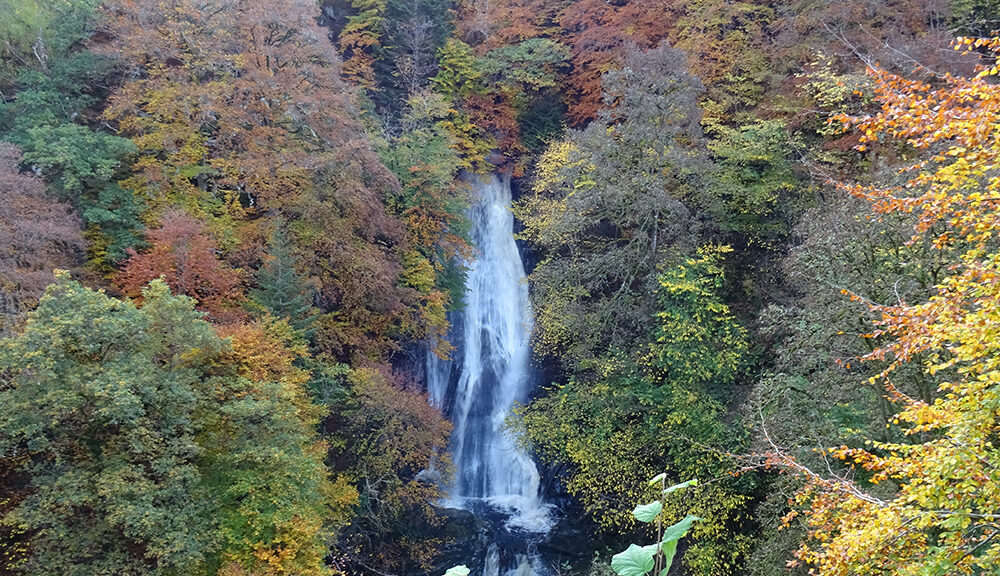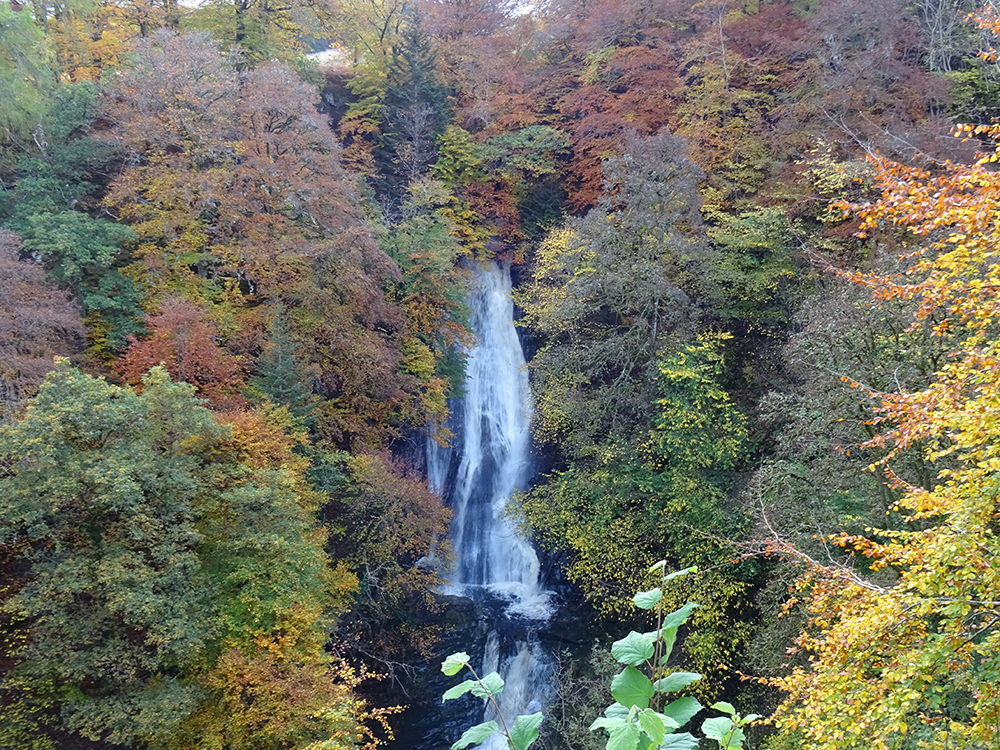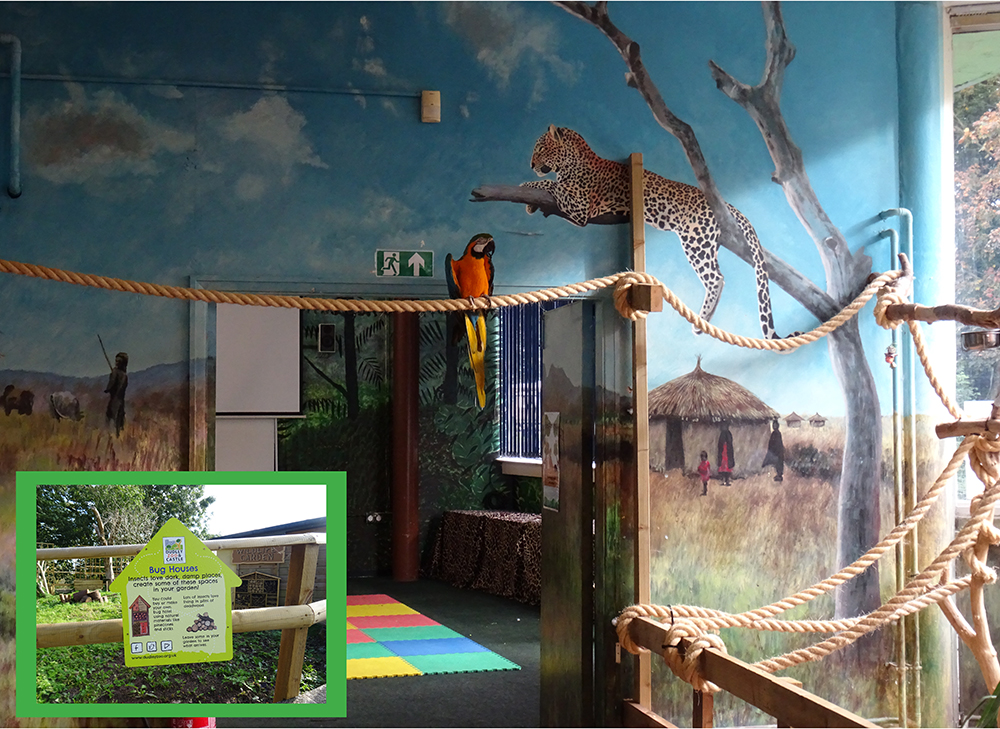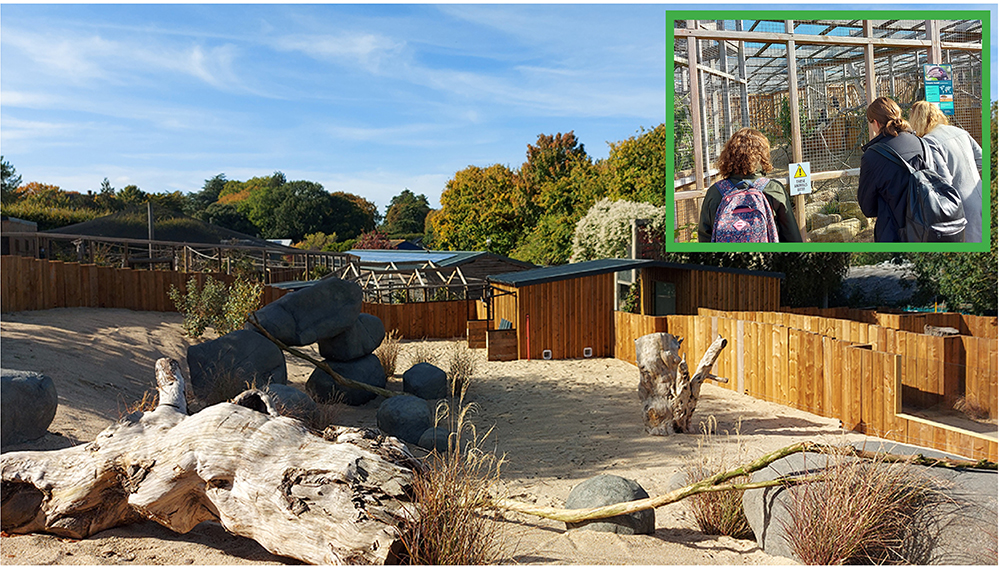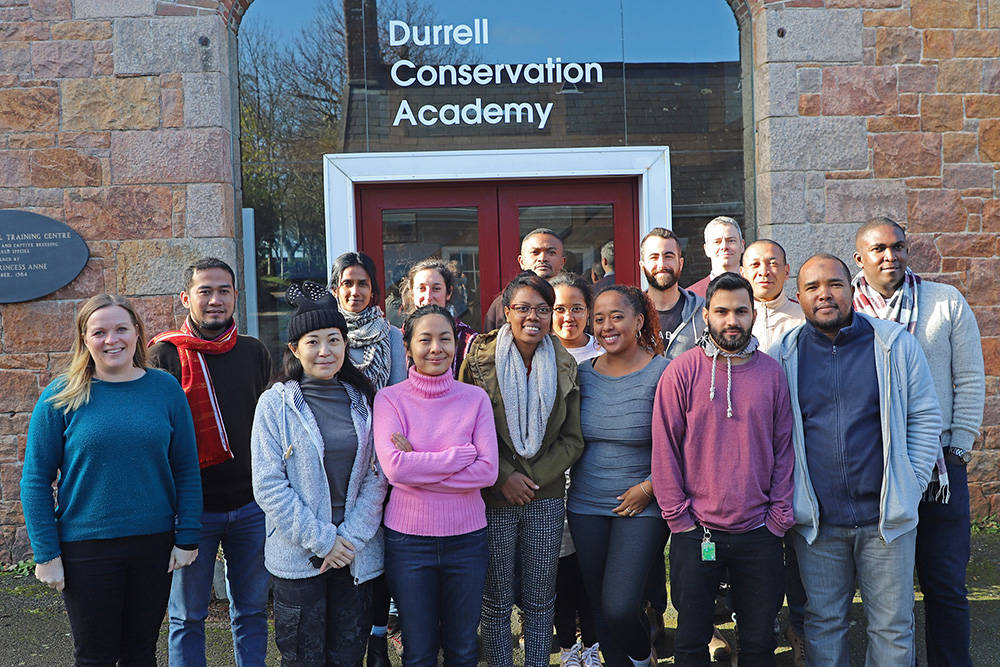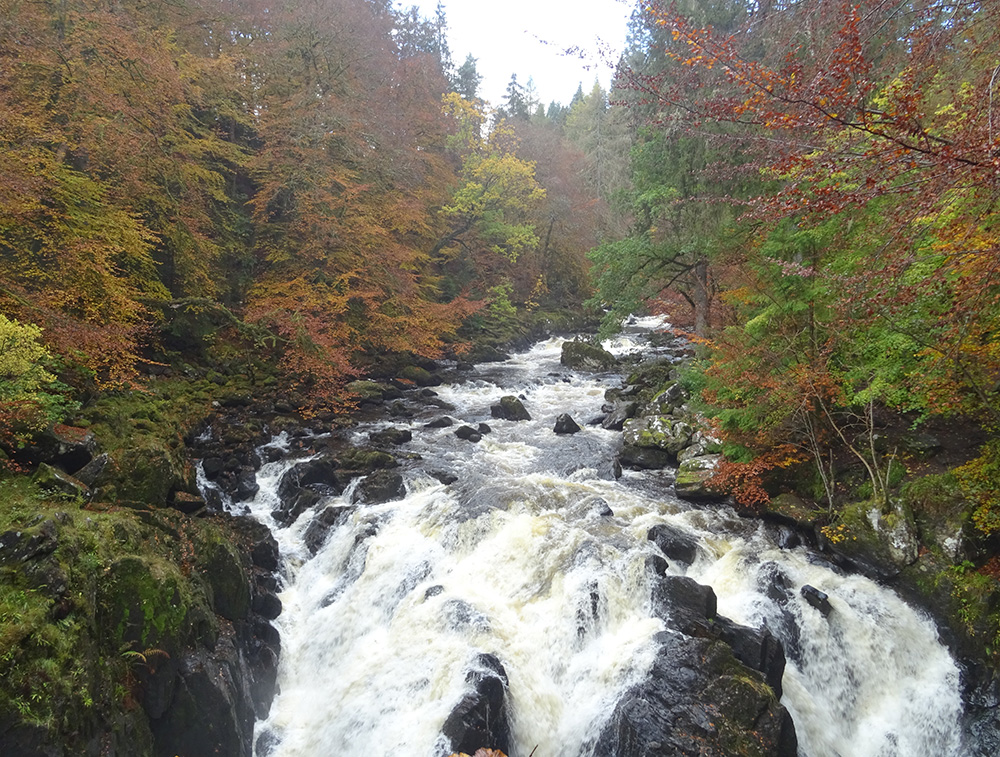The seasons change again, although we can’t rely on specific dates or equinoxes to fix these changes. Climate change is having an impact, weather patterns and an unusually wet winter are being commented upon and recognised. However, action to mitigate these changes is still slow and the subject of political position and decisions.
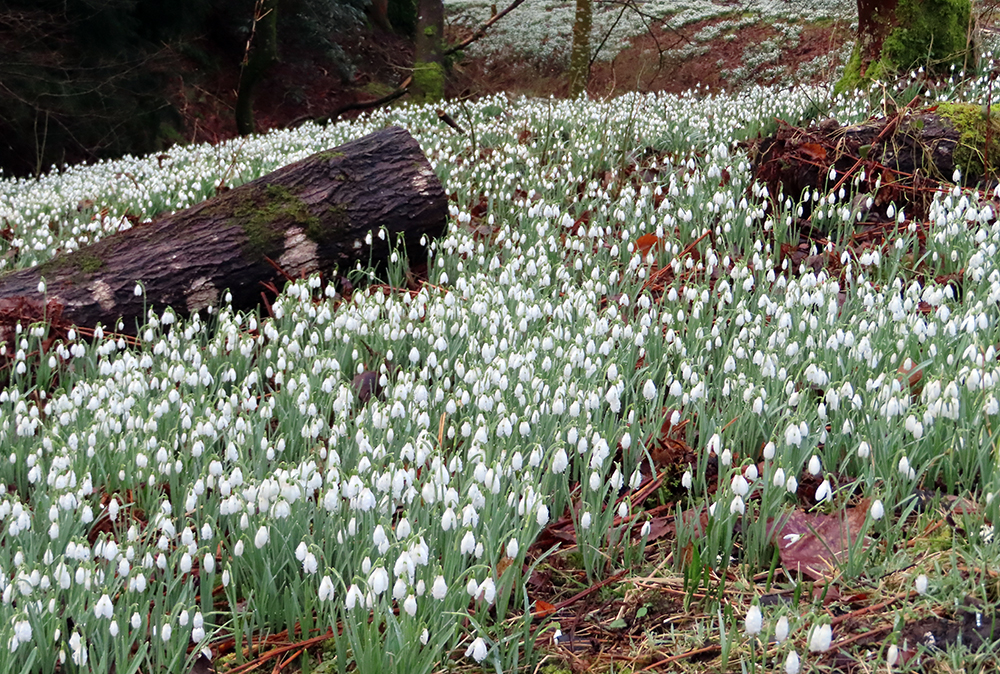
The snowdrops looked wonderful all through February with a great display as usual at Scone Palace estate near Perth. This is also the ancient crowning place of Scottish kings (including Macbeth and Robert the Bruce) – where the Stone of Scone was used before being taken by Edward I to England. It was repatriated to Edinburgh Castle in 1996. As I write this the Stone has moved from Edinburgh to its home in the new Perth Museum.

It has been another good start to the year for the Perth and Kinross Countryside Trust, that I am honoured to Chair. The River Tay Way project has a new ‘hub’ public facility in Aberfeldy. Trees planted last year and this are growing and the Perthshire Nestbox project has delivered boxes to schools across the county (Fossoway Primary illustrated), and much more. Our funders and small staff team enable us to achieve a great deal for the people and countryside of Perth & Kinross.
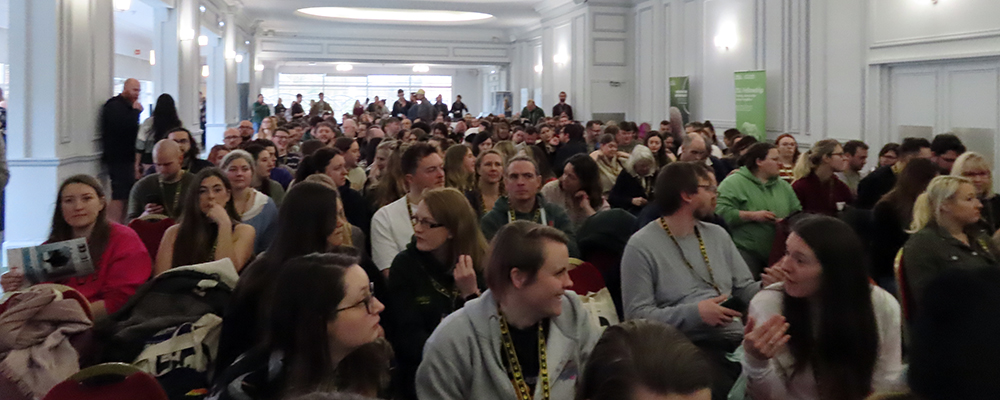
This year also marks the 50th anniversary of ABWAK, the UK zookeepers association. I have been a member since 1987 and served on Council 2003-17, and was delighted to be invited to attend and speak at the Symposium held at ZSL London Zoo at the start of March. It was made extra special with the attendance of Jon Barzdo, founder of ABWAK. History is a key feature of the Regents Park site, including the ‘Lubetkin Penguin Pool’ (made from reinforced 1930s concrete that features heavily at Dudley Zoo). The ZSL Library was also good to visit again – not least to see some of the historic books and documents, including a 1st edition of Darwin’s On the Origin of Species’.
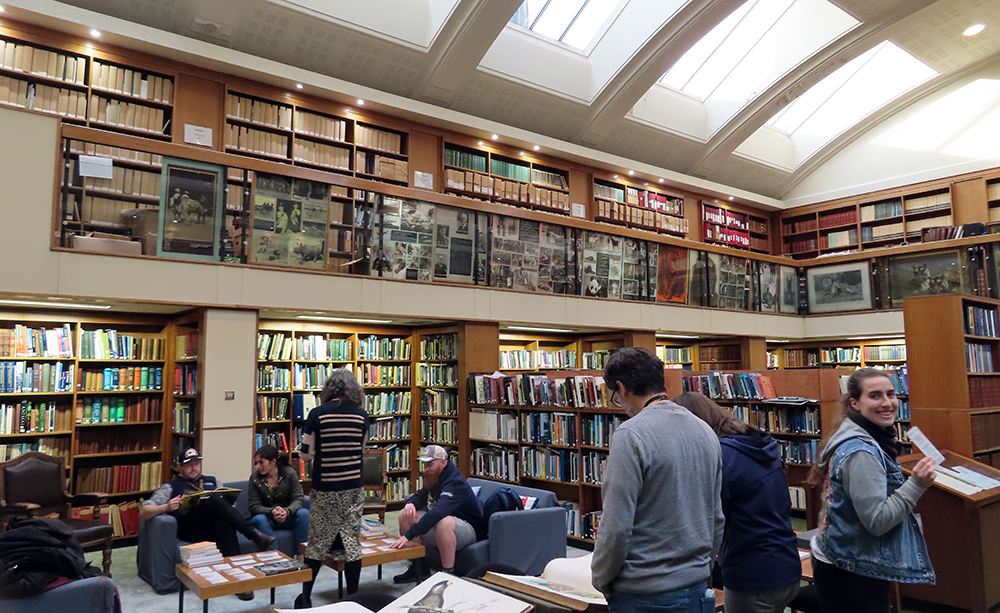
This March I was pleased to be asked to return to Longleat in Wiltshire to run my staff Communication & Presentation Skills workshops. It is always a pleasure working with the staff and team here supporting their public engagement, conservation messaging, customer care and professional development. The interactive workshop is always FUN and in the words of Darren Beasley, Head of Animal Operations:
“Longleat benefits not only from his expert knowledge but also receives a bespoke training package created on education, presentation and communication skills for our animal department gang. Those attending receive a full day of engaged learning, new skills and leave with confidence to deliver presentations to a high standard.”
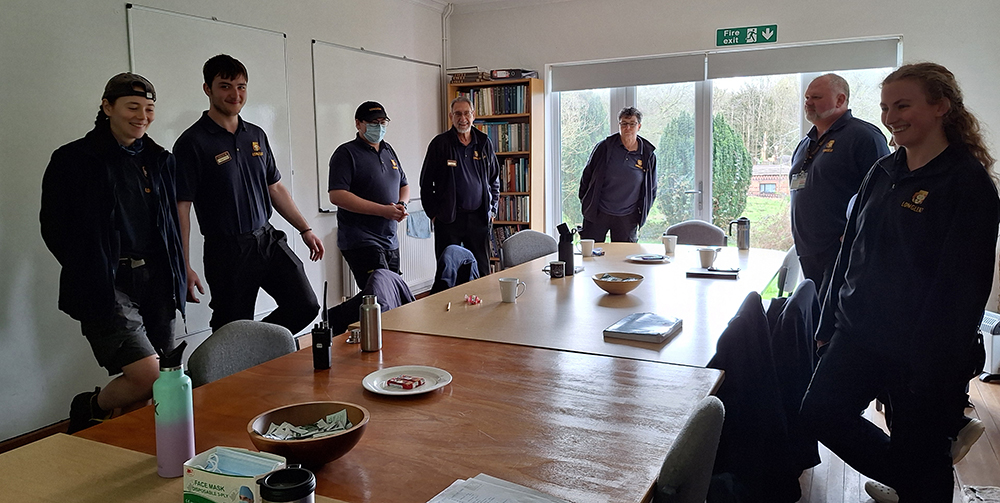
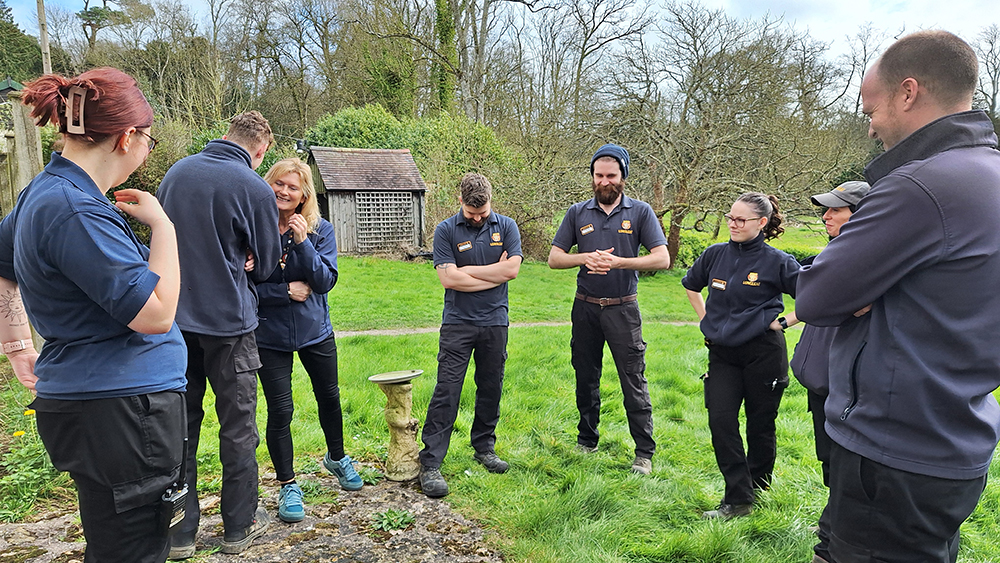
This month I was also able to do a ‘guest training talk’ online to the team working with Luke Harding at Mandai Wildlife, Singapore Zoo & associated sites. It’s great that we can use technology to deliver training like this across the world. It is more effective in person and on site, however, there are benefits that can be gained from remote ‘teaching’ too.

